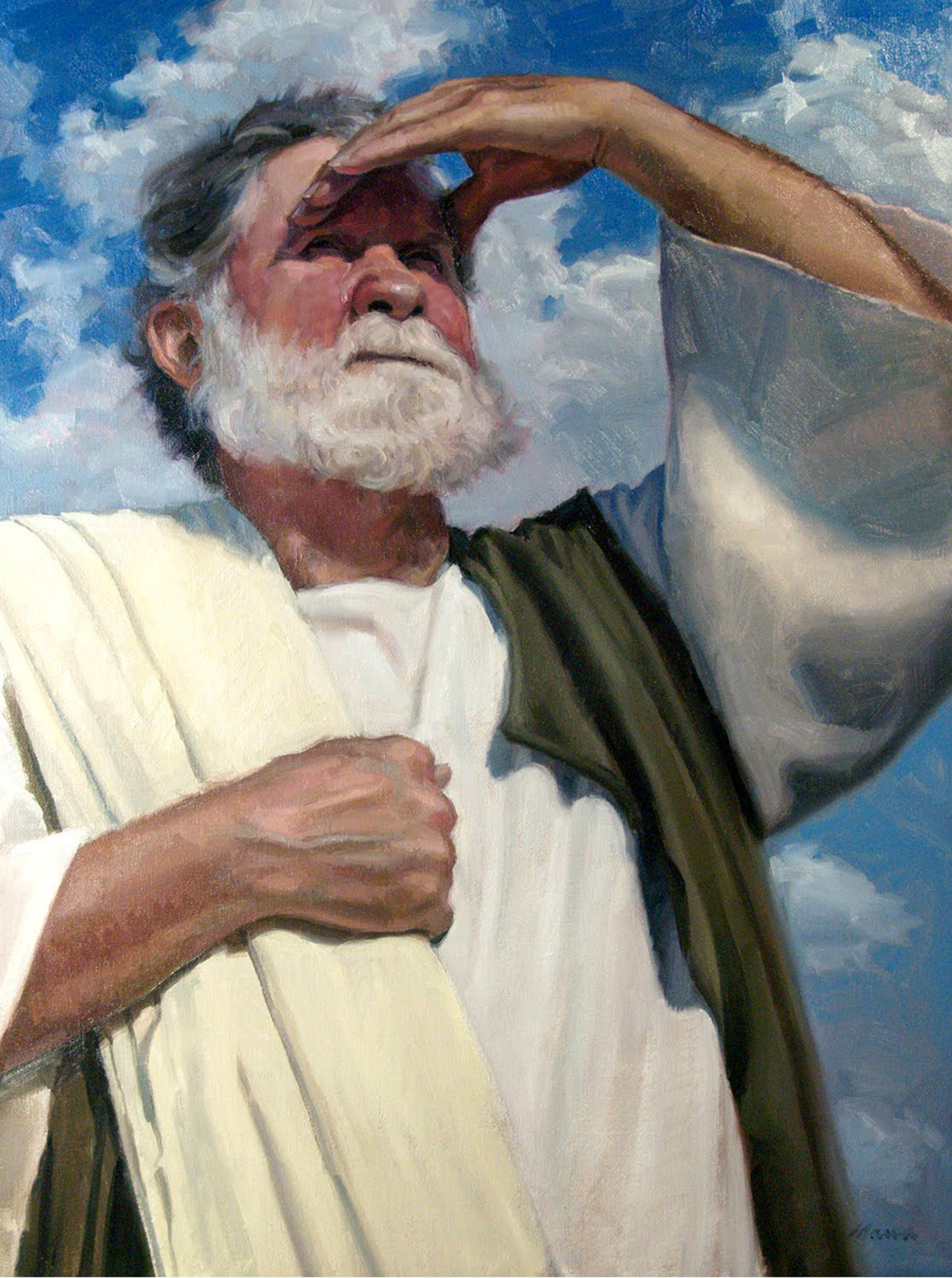
A reflection by Fr. Dave Warren, S.F.M., on the Twenty-fourth Sunday in Ordinary Time. First Reading: Exodus 32.7-1, 13-14; Second Reading: I Timothy 1.12-17; Gospel: Luke 15.1-32
The father, who has been watching for his son every day, makes a fool of himself by running to welcome him. Instead of scolding his son, he embraces and kisses him. He ignores his son’s request to treat him as a servant. Instead, the father orders a party!
Elie Wiesel died in New York this year on July 2. President Obama described him as “one of the great moral voices of our time.” Elie Wiesel was born into a Jewish family in Romania in 1928. In 1944, he and his family were sent to Auschwitz where his mother and one of his sisters were put to death. His father died of starvation and dysentery in the Buchenwald concentration camp. Elie survived and he dedicated the rest of his life to being the voice of the millions who didn’t. In 1986, he was awarded the Nobel Peace prize for his role in speaking out against racism.
His own experience and the experience of the Jewish people shook Wiesel’s faith in God. He couldn’t understand how the God of Israel could allow His people to suffer as they did. He stopped praying. He didn’t attend synagogue. But after a few years he began to feel sorry for God.
“Suppose every Jew stopped talking to God,” he said to himself. “If every Jew stopped talking to God, then God would feel lonely.” And so Elie Wiesel began to pray again and to attend the synagogue.
Does God need us to talk to Him? Yes, He does. You who are parents understand this. You didn’t have to have children. But you did. You chose to have children and in so doing you have made yourself needy. You love your children and you need your children to love you in return. If they don’t return your love, you feel hurt. If they don’t communicate with you, you feel lonely. You have a big emotional investment in your children.
God has a big emotional investment in us. We see the depth of that emotional investment in today’s gospel.
For some strange reason, today’s gospel is known as the “Parable of the Prodigal Son.” That’s the title which the elder son would give to the story. But the central figure in the story is not the younger son. The central figure in the story is actually the father. Allow me to suggest a different title. Instead of “The Parable of the Prodigal Son,” how about “The Parable of the Crazy Father”?
The father is crazy. But, then,  love does crazy things. First of all, he gives his younger son half of his inheritance. The younger son cannot wait for his father to die. He wants his share of his father’s estate, and he wants it now! When he has blown it all, he returns to his father. The father, who has been watching for his son every day, makes a fool of himself by running to welcome him. Instead of scolding his son, he embraces and kisses him. He ignores his son’s request to treat him as a servant. Instead, the father orders a party!
love does crazy things. First of all, he gives his younger son half of his inheritance. The younger son cannot wait for his father to die. He wants his share of his father’s estate, and he wants it now! When he has blown it all, he returns to his father. The father, who has been watching for his son every day, makes a fool of himself by running to welcome him. Instead of scolding his son, he embraces and kisses him. He ignores his son’s request to treat him as a servant. Instead, the father orders a party!
The father humiliates himself before his neighbours for the sake of his younger son. He also humiliates himself before his neighbours for the sake of his elder son. He leaves the house to plead with his elder son to enter the party. He suffers in silence while his elder son publicly scolds him.
“Listen!” the elder son says. “For all these years I have been working like a slave for you, and I have never disobeyed your command; yet you have never given me even a young goat so that I might celebrate with my friends. When this son of yours returns, after devouring your property with prostitutes, you kill the fatted calf for him!” (Luke 15.29-30)
The father who had the right to scold his younger son but did not, now receives a scolding from his elder son. Yet the father does not insist on his dignity. He humiliates himself for the sake of the elder son whom he loves. The father humiliates himself for the sake of both of his sons. Both of his sons are lost. Both sons are far from their father’s heart. The younger son went to a faraway country. The elder son never left home, but he was just as far away from his father.
God humiliates Himself for us. The Cross is the public humiliation of God. Fortunately, crucifixion is no longer a form of capital punishment. Crucifixion involved great physical suffering. It also involved shame. The crucified was stripped naked and exposed for everyone to see. We clothe the crucified Jesus with a loin cloth, but, in fact, Jesus was crucified naked.
Every time we come together for Mass we remember God’s public humiliation for us. Love does crazy things. And God is a tremendous lover. You have a big emotional investment in your children. God has a big emotional investment in us.
God has a lot invested in us. He ain’t about to lose His investment.
